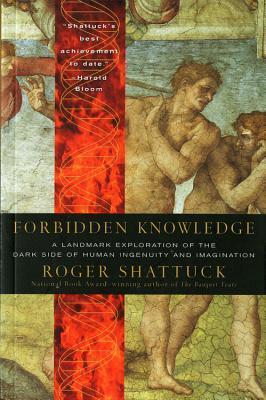What do you think?
Rate this book


384 pages, Paperback
First published January 1, 1996
"For it seemed to me that I would discover much more truth in the reasonings of men about what they know directly, men who will bear the consequences if they made a bad decision, than in the reasonings of a scholar in his study, who produces speculations without application and without consequence to him, except perhaps the vanity he finds in their remoteness from common sense..."